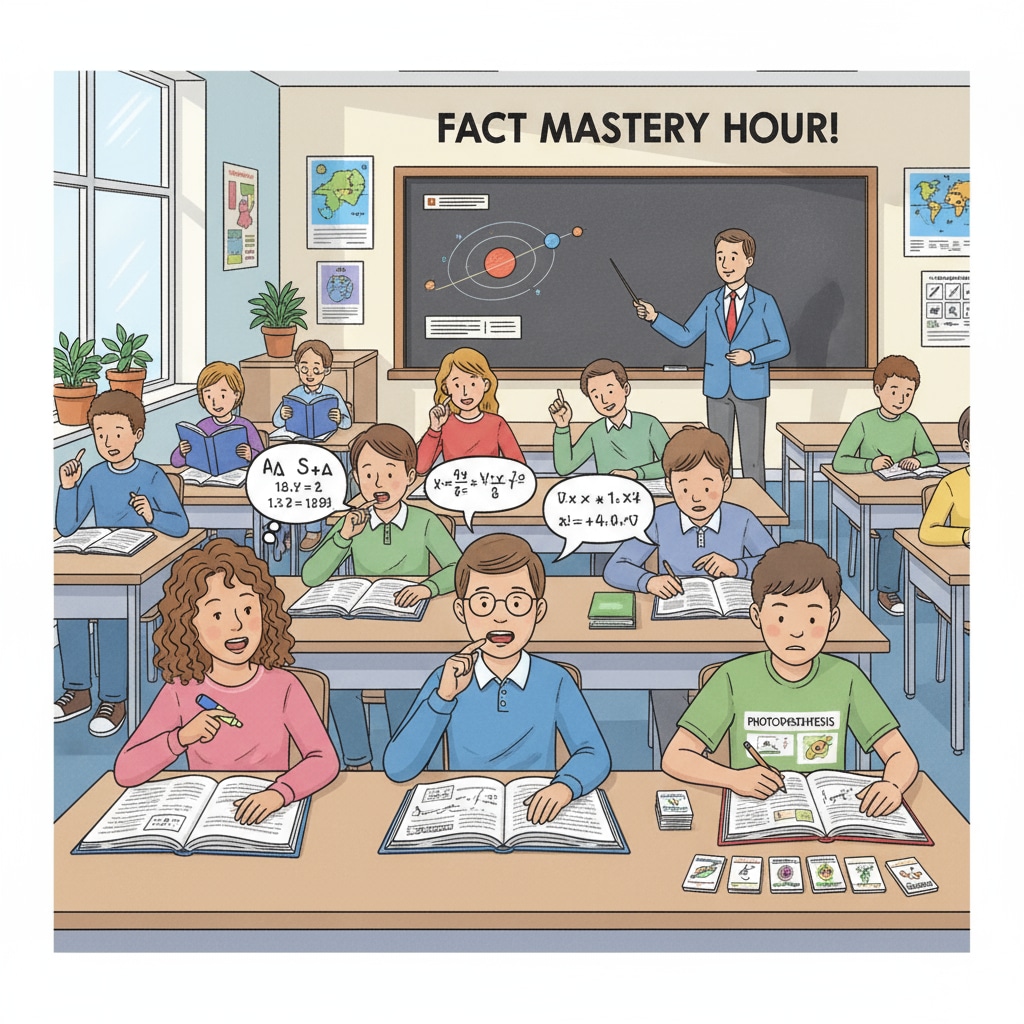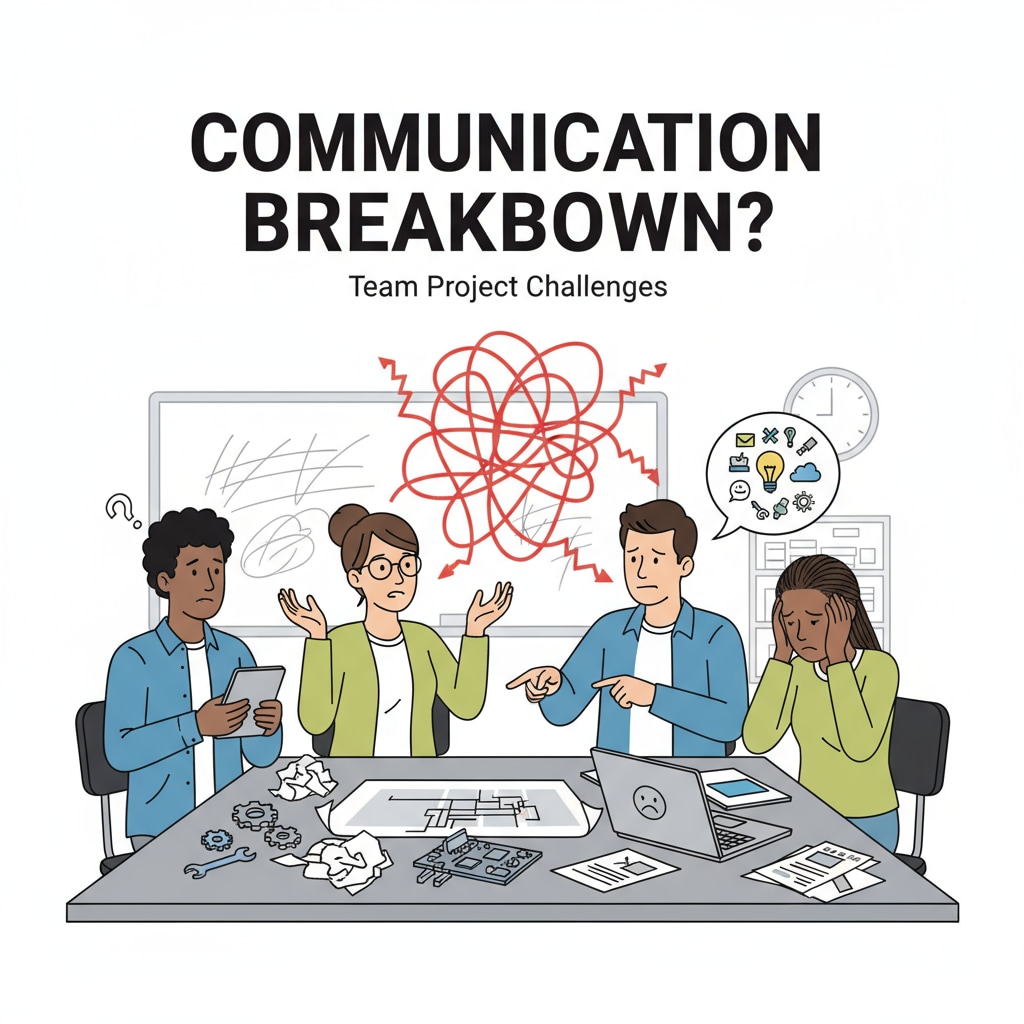School education, life skills, and practical knowledge are elements that should be intertwined for a holistic educational experience. However, in today’s K12 education system, a significant disconnect exists between what students learn in school and what they need in real life.
The Overemphasis on Academic Knowledge
In most K12 schools, the curriculum is heavily weighted towards academic subjects such as mathematics, science, and language arts. These subjects are undoubtedly important as they form the foundation of intellectual development. However, the excessive focus on rote memorization and theoretical knowledge often comes at the expense of practical life skills. For example, students may spend hours learning complex mathematical equations but have little understanding of how to manage their personal finances. According to Britannica’s education section, traditional education models have long emphasized academic achievement over practical application.

The Neglect of Essential Life Skills
Essential life skills like interpersonal communication, time management, and problem – solving are crucial for success in the real world. Yet, these skills are often not given the attention they deserve in school. Interpersonal communication, for instance, is a skill that helps individuals build relationships, resolve conflicts, and work effectively in teams. But schools rarely offer dedicated courses on this. As a result, many students graduate lacking the confidence and ability to communicate clearly. A study by the National Education Association shows that students who receive training in these skills perform better in their future careers. You can find more information on educational skills on Wikipedia’s education page.

The lack of practical knowledge in school education is a concern that needs to be addressed. We need to reevaluate our educational priorities and find a balance between academic knowledge and practical life skills. By integrating key survival skills such as financial management, interpersonal communication, and time management into the core curriculum, we can ensure that students are better prepared for the challenges of the real world.
Readability guidance: The article uses short paragraphs to present ideas clearly. Each H2 section has a focus on highlighting the issues related to school education and life skills. The use of examples and external links helps to support the arguments. Transition words like ‘however’ and ‘for example’ are used to make the flow of the article smooth.


